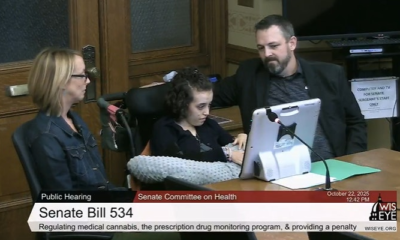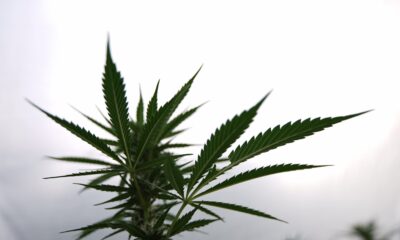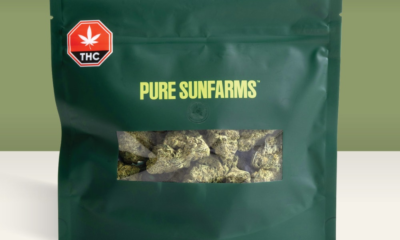A $40 tourist medical card and easy access to beachfront dispensaries – that’s the new reality for the U.S. Virgin Islands after it began licensing its adult-use market this week. USVI joined other U.S. territories in positioning to capitalize on the visitor traffic that already comes to their shores.
The push comes as Caribbean tourism rebounds past prepandemic levels, with USVI alone attracting 2.4 million visitors annually, many arriving via cruise ships from Texas, where medical cannabis is available but under a very strict framework.
“The markets have just such huge potential for tourism,” Tom Adams, industry analyst and CEO of Global Go, said told Green Market Report. “Cannabis has been a mainstay of the economies in those countries for decades or centuries, however you want to count it.”
The Caribbean territories are particularly well-positioned given their established tourism infrastructure and cultural history with cannabis, Adams noted.
“The ones in the Caribbean, frankly, long term, probably have the greatest potential,” he said, citing “monstrous tourist traffic they get from the U.S.” and demographic shifts as younger generations increasingly favor cannabis.
The U.S. Virgin Islands saw its medical cannabis market grow 24% to $3.7 million last year, Adams said. Under the new adult-use rules, the territory plans to license 29 dispensaries and 35 cultivation facilities across St. Thomas, St. Croix and St. John.
Meanwhile, Puerto Rico’s governor signaled openness to policy reform beyond their medical program, which saw modest growth from $200 million to $204 million last year. While Gov. Pedro Pierluisi stopped short of supporting full legalization in October, he endorsed exploring decriminalization with appropriate safeguards to avoid encouraging consumption.
Puerto Rico’s current program offers reciprocity for cardholders from any U.S. state and provides temporary 30-day medical cards to tourists for around $40-$50, according to Thrillist. Prices remain competitive, with grams of flower starting at $8 and vape cartridges ranging from $25-$50.
On the other side of the globe, Guam presents a different case study, having seen 54% growth in adult-use sales, climbing to $2.7 million in 2023, according to market research firm BDSA. The Pacific territory welcomed 600,000 tourists last year, primarily from South Korea and Japan – markets that are “years from cannabis legalization,” Adams noted.
That tourist demographic could eventually drive export opportunities across Asia.
Adams suggested that some countries, such as Korea, might prefer importing from regulated markets rather than allowing cultivation within their borders. “If tourists get to know it as quality cannabis, then that could easily transition into an opportunity to sell it when it becomes legal in those much bigger countries,” he said.
But rapid implementation of adult-use programs serves as both opportunity and warning sign for territories. Adams pointed to Thailand’s swift rollout as a cautionary tale: “Everybody’s watched Thailand, and many regulators are thinking, ‘Not on my watch.’” However, he also suggested the “tide of history is pretty inevitable at this point.”
Beyond serving domestic demand, Adams sees huge export potential once federal barriers fall. For U.S. cannabis firms, these territories could provide attractive new markets as stateside competition intensifies.
Longer term, the U.S. Virgin Islands and Puerto Rico could emerge as export hubs to serve markets in Latin America, Europe and Asia, where several countries are moving to ease cannabis restrictions.
“That awaits the federal government. No one’s going to be importing Guamanian weed unless the U.S. government says you could do it legally,” Adams said.
The territories’ isolated nature makes them valuable policy testing grounds in the meantime. With limited cross-border commerce, “they’re great laboratories” for studying transitions from unregulated to legal sales.
While these markets remain relatively small compared to billion-dollar U.S. state markets, Adams suggested their established tourist base, favorable growing conditions and strategic location position them well for future growth.

 California Cannabis Updates1 year ago
California Cannabis Updates1 year ago
 Breaking News1 year ago
Breaking News1 year ago
 best list1 year ago
best list1 year ago
 Business1 year ago
Business1 year ago
 Business1 year ago
Business1 year ago
 cbd1 year ago
cbd1 year ago
 Bay Smokes1 year ago
Bay Smokes1 year ago
 autoflower seeds1 year ago
autoflower seeds1 year ago















































